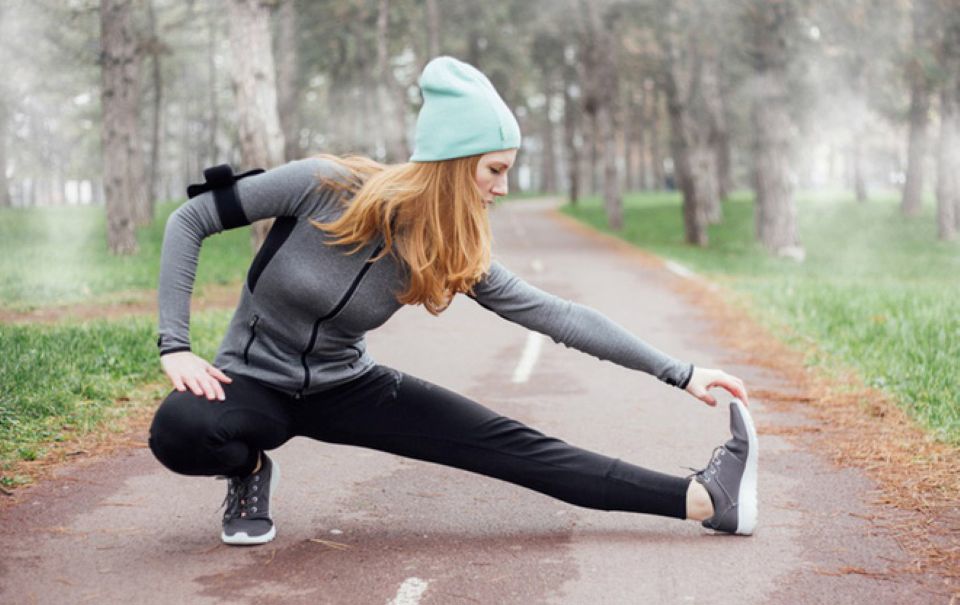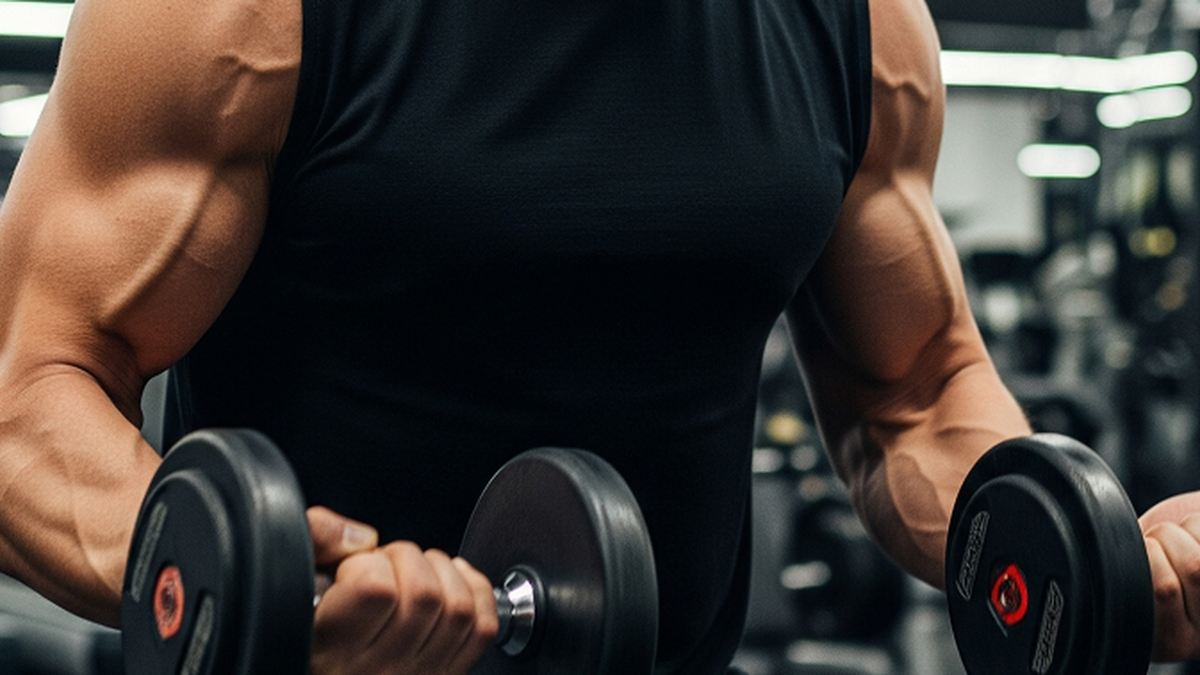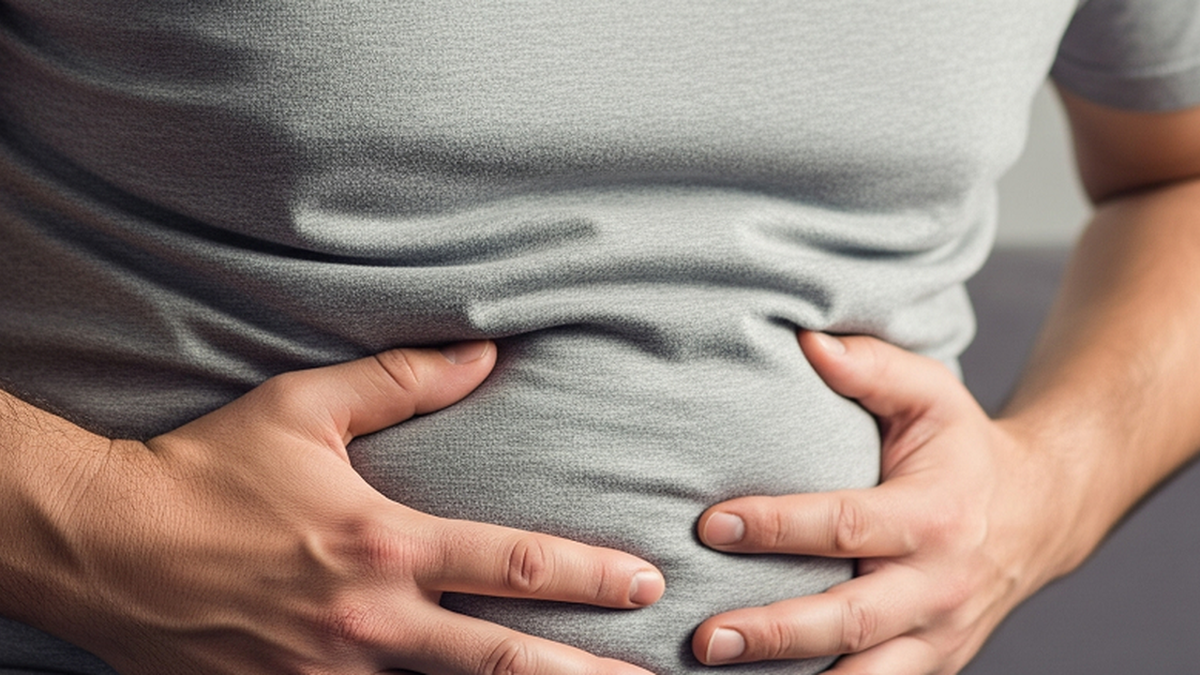Improve immune system
Regular exercise is an effective way to boost your immune system. Although healthy eating plays a more important role in maintaining and developing your immune system, exercise also helps reduce the risk of colds and flu... It is not necessary to run in the morning, just practice standing up - sitting down or walking for about 10 - 15 minutes / day, your immune system will be completely improved.

Burn excess calories
During the cold winter months, nothing makes you feel better and warmer than food. We tend to eat more in the winter, so we consume more calories than we work. If you skip your workouts to burn off those extra calories, the fat will silently accumulate in your body and cause many harmful effects on your body.
Improve mood
During the winter, it can be hard to stay active, productive and positive. While we can’t change the weather, we can change our mood for the better and exercise is one of the best ways to do so. Studies show that exercise increases endorphins (feel-good hormones) which make you feel happier.
Stronger bones and joints
According to NDTV, exercise, specifically weight-bearing and resistance training, can help strengthen bones and joints, reducing the risk of osteoporosis and joint pain.
Improve respiratory health
Winter air is often dry and cold, which can affect respiratory health. Regular physical exercise helps strengthen the respiratory system, improve lung function and reduce the risk of respiratory problems.
Improve sleep quality
Cold weather can make it difficult to fall asleep and can cause you to wake up in the middle of the night. Regular exercise during the winter can help you sleep better by regulating your body temperature, calming your mind, and helping you relax. Additionally, exercising in the morning helps your body clock work better, making it easier to maintain a regular sleep schedule.
Things to keep in mind when exercising in cold weather
According to experts, exercising in winter requires caution to avoid affecting bones, joints and health. Apply the following tips to keep your body safe when exercising in the cold season:
Check weather conditions before going out
According to Healthline and Everyday Health, when exercising in winter, you should check the weather forecast before going out.
Factors including temperature, humidity, wind, and the amount of time you'll be outside are key factors in planning safe cold-weather exercise. If the weather is too extreme, consider exercising at home.
Especially for people with asthma or cardiovascular problems... need to pay special attention when exercising in winter.
Warm up your body more thoroughly
Warming up is an important step before exercising to warm up the body. In cold weather, you should spend more time on warm-up and stretching exercises to avoid injury during exercise. If you do not warm up properly, you risk muscle strain, cramps, and even sprains and dislocations.
Especially in cold weather, you should not exercise barefoot, because if your feet are cold, your body will easily catch a cold, easily get cold hands and feet, arthritis and lead to many other diseases.
Choose the right outfit
In winter, you should not choose clothes made of cotton, which can retain moisture. The reason is that if it suddenly rains while exercising, your body will get wet, and the water-absorbent fabrics will quickly stick to your skin, reducing your body temperature and making you feel cold.
Instead, opt for synthetic fabrics like polyester, nylon, and polypropylene that wick moisture and can dry up to 50 percent faster than cotton. If you do get cold and wet, shorten your workout to reduce your risk of hypothermia.
Keep your body warm
Not only should you prioritize waterproof fabrics, but you should also keep your body warm by wearing thin layers. First, wear a thin shirt made of synthetic fabric to help wick sweat away from your skin. Then, depending on the weather, you can choose a windbreaker or a thick, waterproof jacket over it.
If it's very cold outside, wear a mid-layer and then layer a medium-weight coat over it for extra warmth.
Note that the more waterproof the outer layer is, the less moisture will escape from the inside as your body temperature increases, even if you sweat during exercise.
The intensity of your workout will affect how many layers you need. Runners tend to need fewer layers than walkers because they move faster and generate more body heat.
Wear protective gear
The hands, feet, ears and nose are the parts most affected by cold temperatures because blood is diverted to the center of the body so they receive less blood to warm them up.
To keep your extremities from freezing, wear thick socks, a hat or headband, and gloves. These items can also be easily removed and stuffed into pockets if you get hot during your workout.
All these accessories should be made of wool or synthetic fibers, rather than cotton, to avoid water retention.
Drink plenty of water
Supplying enough water for the body is especially important in cold weather. You can drink water before, during and after exercise to replenish water for the body, avoiding the risk of dehydration, affecting exercise performance.
In addition, drinking plenty of water also helps prevent chapped lips and skin during the dry season.
Source: https://kinhtedothi.vn/ly-do-ban-nen-tap-the-duc-vao-mua-dong.html
























































![[Maritime News] Container shipping faces overcapacity that will last until 2028](https://vphoto.vietnam.vn/thumb/402x226/vietnam/resource/IMAGE/2025/7/30/6d35cbc6b0f643fd97f8aa2e9bc87aea)













































Comment (0)